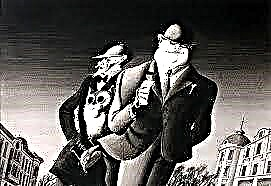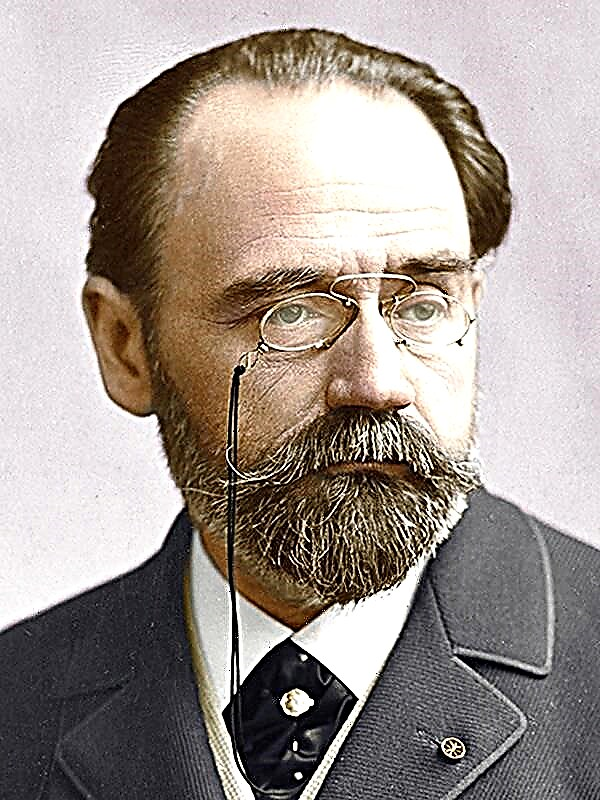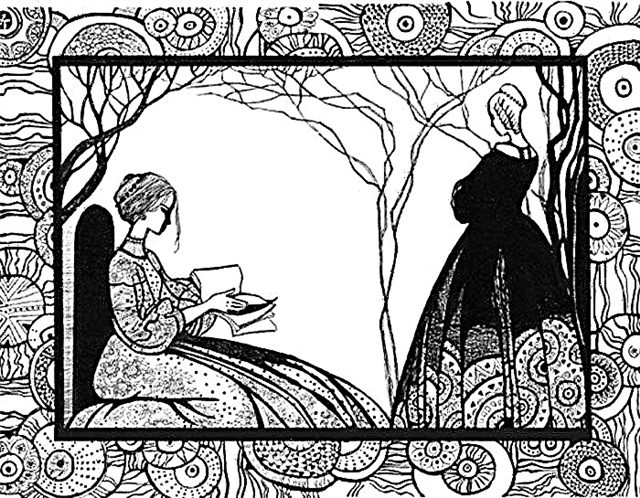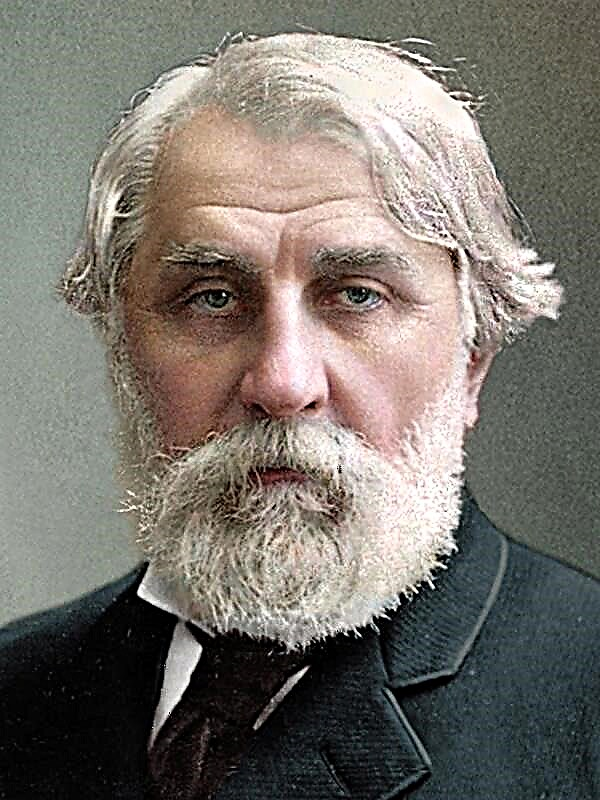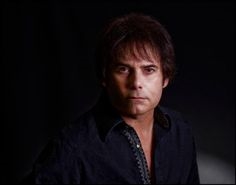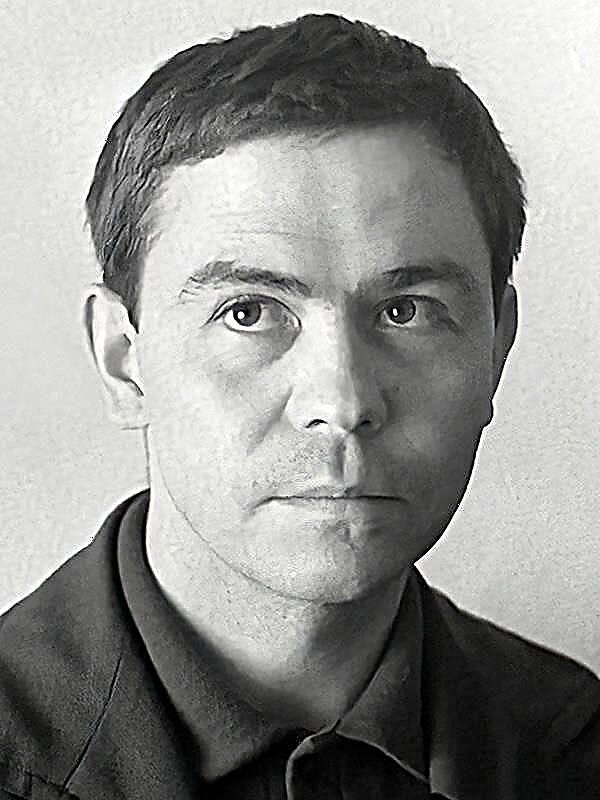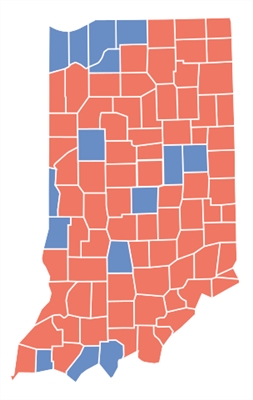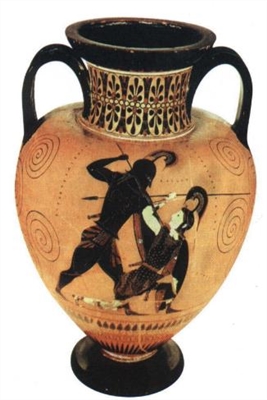(345 words) Nikolai Vasilyevich Gogol endowed the poem Dead Souls not only with an intriguing title and original plot, but also with a large number of lyrical digressions. The work is filled with arguments that have little relevance to the main course of the events described.
In the first chapter, the author introduces the reader to two types of people: thick and thin. He puts those and others on the pages of his book, telling that the thick ones are more successful in the modern writer world. Starting to describe the character of Manilov, Gogol regrets that portraying typical characters is much more difficult than original ones. The humor and spontaneity of the language allows the audience to be tuned to the further development of the plot and sometimes hint at the image of the hero, which will be discussed shortly.
Before describing the scene in which Chichikov laughs at the nicknames of Plyushkin, the author recalls how in childhood he was very impressive. The narrator fantasized, observing strangers, reacted violently to any manifestation of human life, to every bright detail around him. But now he began to see the "vulgar appearance" of people and became silent. “Oh my youth! Oh my freshness! ” - the author sighs.
Nikolai Vasilievich paid much attention to lyrical digressions about the Russian language. The writer compares different languages and says that only the native word smartly breaks out of the heart. He speaks the word so much that at any moment he can portray a demanding reader and expose him himself. The author leads various types of writers and himself becomes either a romantic or a realist, while remaining a consistent satirist.
The most famous retreat in the poem Dead Souls is dedicated to the fast ride that every Russian loves. The description of the sensations from Chichikov’s travels goes into reflection on the fate of Russia. Gogol compares with her the three horses racing in an unknown direction. When the author asks Russia where she flies, he does not receive an answer. The image of the three conveys the writer’s understanding of his mysterious country and demonstrates his love for her.
Largely due to lyrical digressions, one can agree with Nikolai Vasilyevich Gogol that “Dead Souls” is a poem, not a novel. The mood and personal experiences of the author can expand the range of topics covered in the work, and immerse the reader in the world created by the author. If the storyteller did without these thoughts and limited himself to a simple description of the plot, then “Dead Souls” would not be such a bewitching text as we have the opportunity to study today.

